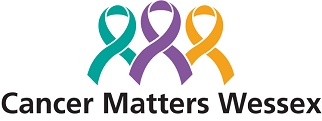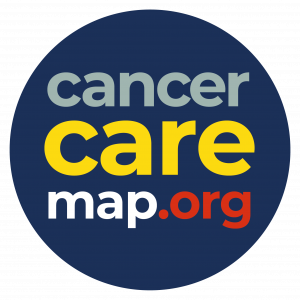Prehabilitation and rehabilitation are terms that describe preparing for your cancer treatment and looking after yourself following treatment.
This can be achieved through supporting your dietary needs, your physical needs and your emotional and social needs. Your prehabilitation and rehabilitation is based on your personal needs and what matters to you.
Prehabilitation and rehabilitation can benefit you by:
- preparing you for cancer treatment
- maximising the outcomes of treatment
- minimising the effects of the disease
- minimising the side effects of treatment for example, fatigue or breathlessness
- addressing practical problems caused by disease and treatment
- supporting you to be as independent as possible
Macmillan have collaborated with Bristol Myers Squibb and people living with cancer to produce six videos about prehabilitation:
- What is prehabilitation?
- Physical activity
- Eating well
- Mental wellbeing
- Alcohol moderation
- Stopping smoking
Macmillan podcasts highlight the importance of prehabilitation and peoples experience of this, from the point of view from the healthcare professional and people living with cancer. The podcast series details physical, nutritional, and emotional support needs.
For more information on prehabilitation and preparing for your treatment, visit Cancer Research UK – Prehabilitation

